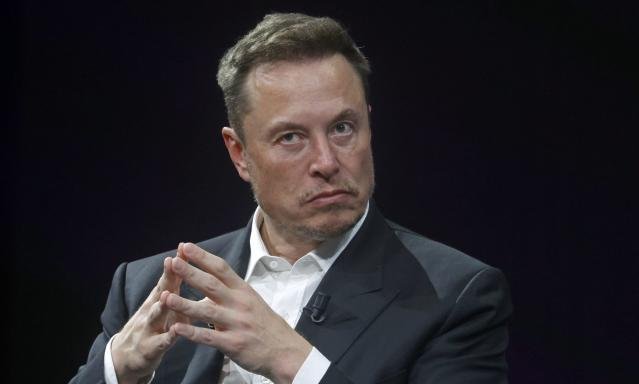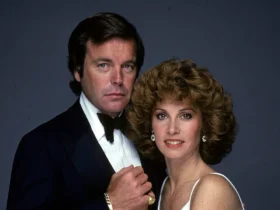The legal corporate governance community is unmoved by Elon Musk’s call for companies to dump Delaware as their home state after his historic $55.8 billion pay plan was basically thrown in the trash by a judge in that state’s famed chancery court.
The ruling occurred as the result of a challenge to the Tesla CEO’s compensation package, which made him the richest man in the world over a stunning four-year run-up in Tesla results. According to Harvard professor of law and economics John Coates, this kind of thing just happens sometimes in “the First State.”
“Over the past 100 years, Delaware has periodically irritated one or two executives by enforcing the law, and even led some prominent lawyers to call for companies to move elsewhere from time to time,” Coates told Fortune, adding that he was “confident Delaware will not lose significant numbers of incorporations as a result of this one decision, as uninhibited as Musk is.”
Still, Musk’s call has brought some negative attention to Delaware rulings and raised questions about overreach.
CEO and well-known board member Betsy Atkins wrote in Forbes that if the ruling is allowed to stand, it “creates a slippery slope that a judge can decide to overrule and opine on what is an ‘appropriate’ compensation.” She noted that 80% of Tesla stockholders approved the pay plan.
“We will harm our innovation culture that rewards breakthrough new-category–creating companies if we have activist judges deciding CEO pay and nullifying the shareholders and the board,” wrote Atkins, who is the CEO of venture firm Baja Corp. and serves as a director on the boards of SL Green Realty, OYO Hotels & Homes, Volvo Car AB, and Wynn Resorts.
Lawyers unmoved by Musk’s bleating
The case is also far from settled at this point. The presiding judge, Kathaleen McCormick, is a well-respected jurist but there are some vulnerabilities in the opinion that could form the basis for an appeal that could reverse the ruling, said Frank Placenti, board advisor and attorney at Greenberg Traurig. He said the opinion sparked a discussion at a recent American College of Governance Counsel event, and the group is planning a webinar focused on the matter.
Still, it’s unlikely that a losing litigant could single-handedly undermine the predominance of the Delaware courts, said retired Potter Anderson partner Donald Wolfe Jr. in an emailed statement to Fortune. Wolfe has participated in more than 200 legal decisions in the state.
“I very much doubt that Mr. Musk’s recent bleat, which is what appears to have given rise to the recent reincorporation hubbub, is likely to have much substantive impact,” said Wolfe.
Had Musk and the Tesla board’s compensation committee pursued a process that was equivalent to an arm’s-length negotiation and obtained shareholder approval based on full and candid disclosures, it’s entirely possible they could have secured a different outcome, said Wolfe.
“No doubt they were so advised,” he said. “They apparently did neither.”
Musk has announced plans to reincorporate Tesla in Texas, where its corporate headquarters are based. Coates said Musk might not necessarily find a sympathetic legal environment there, despite Gov. Greg Abbott’s push to set up specialized business courts with appointed judges.
“Texas courts have juries, not all of whom see the world the way Governor Abbott and Elon Musk do,” noted Coates.
Wolfe said he’s glad to know that well-established legal principles were applied in the case without regard to “the identity of the losing parties,” which is as it should be.
“There are perhaps other jurisdictions that, in the spirit of competition, would be inclined to look the other way when a potentially disappointed [litigant] is a celebrity of untold wealth who owns a media megaphone,” he said. “If so, they warrant congratulations on having outstripped all rivals in the venerable race to the bottom.”
This story was originally featured on Fortune.com













Got a Questions?
Find us on Socials or Contact us and we’ll get back to you as soon as possible.